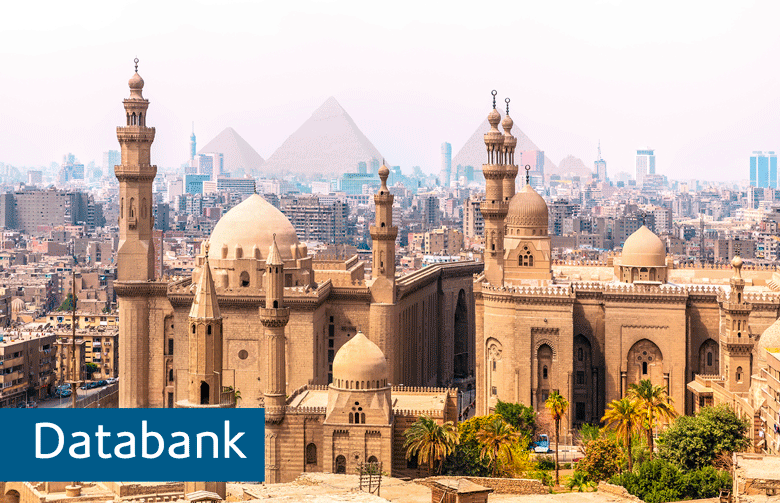

Public stimulus in Egypt is a social contract
Cairo has successfully spurred economic growth with infrastructure spending, but the proof of its policy will be in the value it delivers
Regardless of your politics, Egypt’s project market, with $96bn-worth of projects under execution and more than $240bn-worth of projects at various stages of pre-execution, has made it a growing country of choice for regional players looking to hedge their bets by expanding overseas.
Egypt’s GDP growth, as benchmarked by the IMF at 5.5 per cent in 2019 and 5.9 per cent in 2020, soars well above the 2-3 per cent growth rates currently exhibited by most of the other countries in the Middle East and North Africa region, and certainly this year with weaker oil prices.
Indeed, since President Abdul Fattah al-Sisi came to office on 8 June 2014, the country has consistently achieved a GDP growth rate of more than 4 per cent, thanks to the government’s concerted economic reform efforts and sweeping spending stimulus by means of investment into both critical infrastructure and megaprojects such as the Suez Canal expansion project, New Cairo and a host of other satellite cities around the capital.
And yet, despite its spending, the government has managed to rein in the country’s public debt relative to its GDP, not least through its depreciation of the Egyptian pound in late 2016, even if there is another side to the story for many Egyptians whose assets, savings and wages were depressed as a result.
Perhaps more critically, Cairo has been able to establish itself as credit-worthy in the eyes of international lenders such as the IMF and European Bank for Reconstruction and Development, as well as commercial banks, as evidenced particularly clearly in 2019 by the $21.5bn-worth of bids for Egypt’s $4bn dollar-denominated bond issuance in February.
Domestically, the Egyptian government is selling stability and the long-term promise of better things to come using the development of economic momentum through strategic infrastructure investments. And it certainly lacks nothing by way of ambition. Its latest project instalment came in August with the awarding of contracts for the $4bn first and second phases of the Greater Cairo Monorail. The challenge for Cairo is to deliver an appropriate return on investment to the Egyptian people.

Egypt special report
- Government: Cairo’s reforms consolidate political support
- Economy: Egypt’s external debt remains problematic
- Gas: Cairo prioritises upstream gas exploration
- Petrochemicals: Egypt makes petrochemicals project progress
- Water: Cairo strives to tackle water security amid rising demand
- Construction: Contract award boom drives spending spree
- Transport: Cairo emphasises land transport improvements
- Databank: September 2019
You might also like...

Rainmaking in the world economy
19 April 2024

Oman receives Madha industrial city tender prices
19 April 2024

Neom seeks to raise funds in $1.3bn sukuk sale
19 April 2024

Saudi firm advances Neutral Zone real estate plans
19 April 2024
A MEED Subscription...
Subscribe or upgrade your current MEED.com package to support your strategic planning with the MENA region’s best source of business information. Proceed to our online shop below to find out more about the features in each package.






